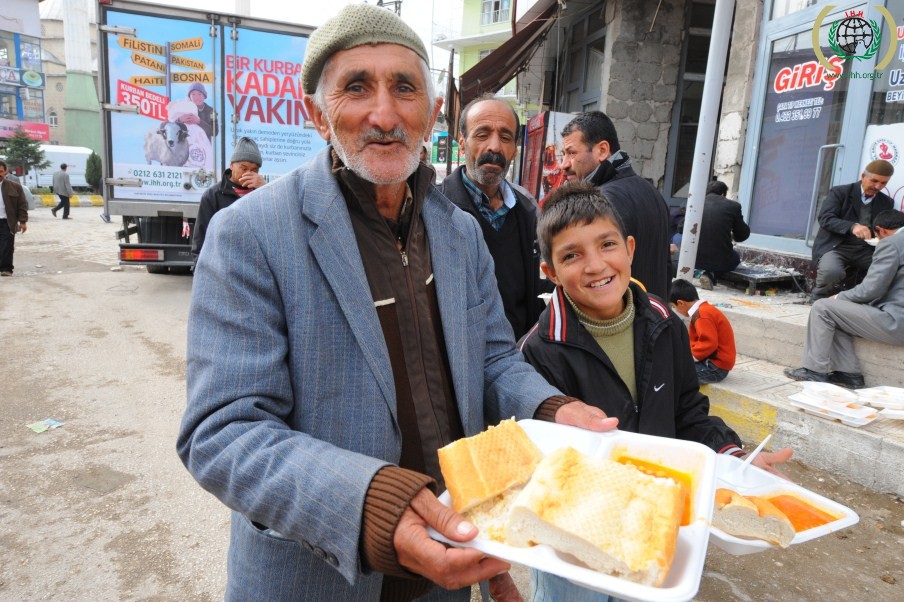How Doctors Without Borders is Helping People in Turkey

Doctors Without Borders, also known as Médecins Sans Frontiers (MSF), is a global organization dedicated to providing essential medical care worldwide. The program collaborates with countries in need of emergency medical assistance. As reported by The Guardian, the devastating Turkey-Syria earthquakes of February 2023 resulted in the loss of 47,000 lives, with thousands of people missing and millions displaced from their homes. Doctors Without Borders has been actively involved in providing aid and support to the affected areas. Here is how Doctors Without Borders has been helping people in Turkey during the recent crisis.
6 Ways That Doctors Without Borders is Helping the People in Turkey
- Rapid Assessment: The medical teams from MSF in northern Syria immediately provided urgent medical care to patients following the disaster. In Idlib, the organization successfully treated more than 200 patients within the first hour of the crisis. Due to the extensive damage, numerous hospitals, including MSF’s two maternity centers in Northwestern Syria, became unusable.
- Medical Assistance: MSF provided medical assistance to 3,465 injured individuals in Syria, ensuring they received the necessary care. It also supplied medical kits to hospitals and clinics. In Idlib, MSF established mobile clinics to offer ambulance services, facilitating the transfer of critically ill patients for proper treatment. Although MSF was not initially present in Turkey during the earthquake, it swiftly intervened to provide aid.
- Mental Health Support: In the aftermath of the disasters, the destruction of numerous buildings and homes posed significant challenges for the survivors, making it exceedingly difficult for them to cope with the immense devastation and its repercussions. In response, MSF initiated efforts to offer psychological assistance to those who had lost their loved ones and residences. The fear of earthquakes left people feeling unsafe even indoors, leading to a range of mental health issues, including sleep disturbances, aftershock-related anxiety, nightmares and high levels of stress. To address these concerns, MSF volunteers collaborated with local non-governmental organizations to provide specialized psychological support, particularly for children, through the implementation of various therapeutic activities such as drawing, dancing and music.
- Water and Sanitation: In the affected areas, while the urgency for rapid assessment has diminished, crucial future needs still require attention. These include the provision of clean water, sanitation, hygiene and education, among others. As of April 2023, MSF has made significant progress in meeting these needs. The organization installed 61 water tanks, 312 toilets and 160 showers, and has provided over 2.5 million cubic meters of water to the crisis-affected population. Additionally, the NGO has donated substantial amounts of firewood, fruits, vegetables, hygiene kits, tents and other essential materials. MSF’s efforts have also resulted in the implementation of clean running water in the camps, effectively safeguarding the people from waterborne diseases.
- Collaborations: In collaboration with local partners, MSF in Turkey teams provided 38,154 hygiene kits, 2,624,721 liters of water, served 390,500 meals and distributed more than 50 tons of firewood by April 25, 2023. Generous donations from individuals around the world have greatly contributed to MSF’s efforts in assisting those who the disaster affected. All MSF operations partner with local organizations, such as Imece Inisiyatifi, Yardım Konvoyu, Maya Vakfı and others. These partnerships have been instrumental in providing aid to affected people in Turkey located in Adıyaman, Gaziantep, Hatay, Kahramanmaraş, Kilis and Malatya provinces.
Looking Ahead
The efforts of MSF teams were vital in providing essential aid and medical assistance to the earthquake survivors in Turkey and Syria. They worked diligently to assess medical needs quickly and offer psychological and hygiene support, ensuring that the affected communities had access to basic facilities. Additionally, MSF teams provided training to local staff to ensure the sustainability of their efforts. Their primary focus was on enhancing the capacity of health care and relief services for those facing crises.
– Gurjot Kaur
Photo: Flickr
